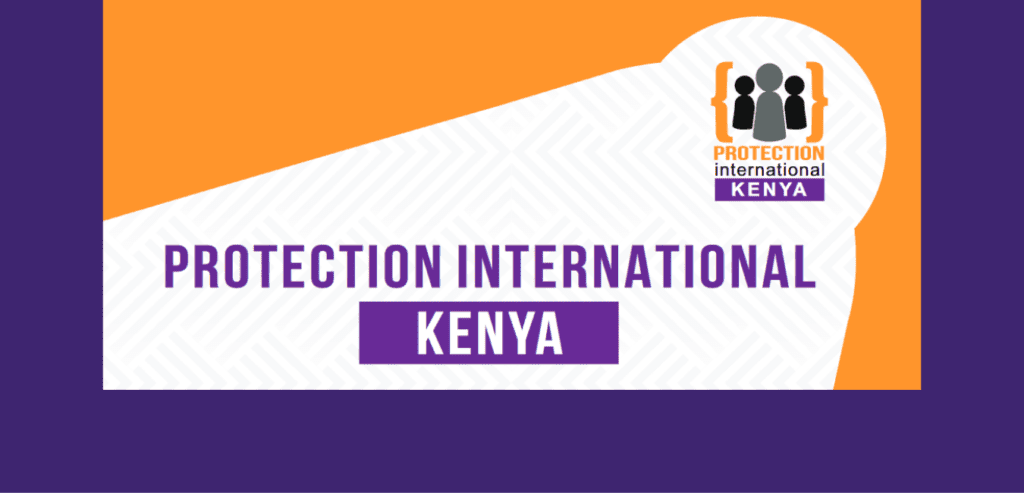Protection International Kenya launches a new report
Women Human Rights Defenders (WHRDs) are targeted for who they are and as a result of their work defending human rights. Many economic, social, cultural, and geographical factors affect how WHRDs experience human rights violations, which are all connected to gender and gender expression within society. These factors include class, religion, age, language, sexual orientation, location, race, and ethnicity. Women human rights defenders work on a diversity of issues–including gender equality, environmental protection, land rights, etc.– and many work to protect other global human rights frameworks that Kenya has ratified, beyond what is enshrined within the country’s constitution.
To gain a holistic understanding of how WHRDs, and HRDs in general, perceive, manage and mitigate risks, PI Kenya conducted research in 2021 on protection strategies implemented by grassroots women human rights defenders and their organizations. The findings of this report, launched in November 2021, will be used to help with improved security planning by going beyond the usual approaches to the protection and security of women human rights defenders.
The study has five key focus areas, which are as follows:
- Identification of self-protection strategies and methodologies used by grassroots WHRDs
- The gaps in protection and level of adoption of self-protection methodologies
- Areas that need to be strengthened to improve security management for WHRDs
- Actions taken by networks to support the work of WHRDs
- Interventions and strategies applied by government agencies are mandated to address and respond to the protection of WHRDs.
Recommendations
Based on the findings of the study, the following recommendations are made for initiating dialogue with government officials and other stakeholders on the protection of WHRDs:
- Advocate for legal recognition of WHRDs
- Lobby the Kenyan government to conduct continuous training for law enforcement agents on human rights
- Advocate for implementation of policies and legislation that protect the rights of WHRDs
- Increase civic education and community engagement
- Increase media advocacy actions to highlight the challenges WHRDs face
- Design tools that respond to the needs of HRDs from different age groups
- Invest in enhancing the security management and skills of rural women


